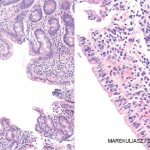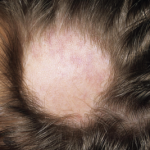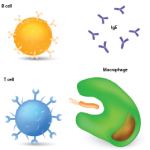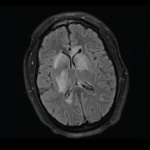SAN DIEGO—Treatment strategies for systemic lupus erythematosus (SLE) have changed a great deal over the years, but progress has been slow and inadequate. According to a 2011 survey, many patients with lupus still report that they have a low quality of life due to their health problems.1 Rheumatologists face the challenge to develop more successful…








